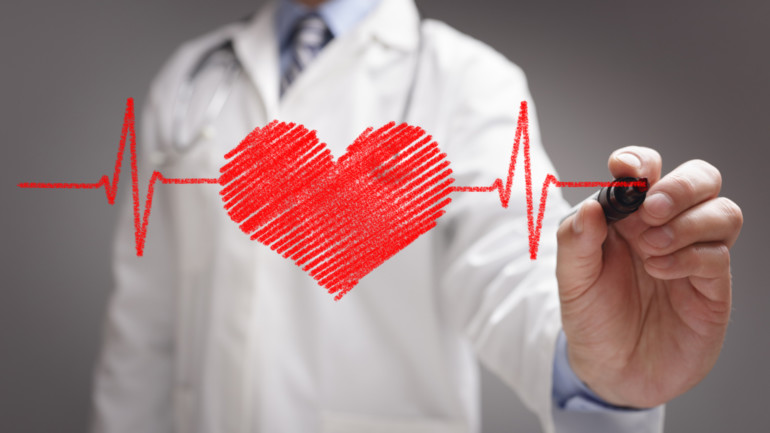You are never too old or too young to begin taking care of your heart! Embracing a healthy lifestyle at any age can lower the risk of not only having heart diseases but many other chronic health conditions. It is somewhat true that most of the common heart diseases are quite prominent in Men. By knowing some of the signs and symptoms of heart disease, it will be easy to reduce the risk of developing serious complications.
Start by incorporating a heart-healthy diet, and simple exercises to look after heart health!
Learn about the signs and symptoms of Heart disease in Men.
Signs and Symptoms of heart disease in men
Heart diseases affect millions of people around the globe, and simultaneously it is one of the top causes of death around the world. No matter what, our body sends timely signals in the form of symptoms, which if checked can save the life of a person. More importantly, learning about the symptoms mitigates the risk of myocardial infarction. Here we share some of the alarming signs of common heart conditions which may include;
Heart arrhythmias- Symptoms
Widely known as the condition of irregular heartbeats (too quick or too slow). Some symptoms to look for include:
- Fainting or Dizziness
- The sensation of heart racing
- Difficulty breathing after moderate exercise
- Unexplained pain in jaw, neck, or torso
Narrowing Blood Vessels- Symptoms
Excessive build-up of cholesterol can lead the blood vessels to eventually constrict or narrow over time. Due to this, it will become difficult for blood to pass through the veins and arteries which may put a strain on the heart muscles. Some symptoms are;
- Extreme fatigue
- Shortness of breath
- Irregular heartbeat
- Angina (chest pain)
- Feeling of pain, numbness, swelling, tingling, or weakness in the outer extremities.
Heart Valve diseases- Symptoms
Generally, Heart valve disease can cause heart failure in men. Some symptoms that you need to watch out for;
- Sudden & quick weight gain
- Swelling in your feet, abdomen, or ankle
- Feeling bloated
- Breathing difficulty
- Palpitations
- Weakness after or during physical activities
Watch the early signs of Heart Attack
Half of the time, heart attacks are sudden and intense! While most of them start slowly with mild pain or discomfort, it is important to pay serious attention to the body and call for medical help immediately. Some of the common signs are;
- Chest Discomfort: Mostly, heart attacks start from the center of the chest that lasts for more than a few minutes. It may be fluctuating, giving uncomfortable pressure, fullness, squeezing, or pain.
- Upper Body Discomfort: Some of the other symptoms that could indicate a heart attack can be pain in the arms, shoulders, back, neck or jaw.
- Shortness of breath, which could occur without chest discomfort.
- Other signs, including cold sweat, nausea, and vomiting are the signs of a heart attack.
However, with men, the most common heart attack symptom is chest pain (angina) or discomfort, unlike women who are more likely to experience other common symptoms, particularly shortness of breath, nausea/vomiting, and back or jaw pain.
How to improve heart health?
We all have direct control over several things that can influence heart health. Some people find it easy to adopt a healthy lifestyle, while some struggle even after being diagnosed with the symptoms of heart diseases such as high cholesterol, or hypertension.
If you aren’t sure where to begin, try to add just one healthy aspect to your life. Join a yoga class or start making a target of completing 3000 steps in a day. Cut down the extra salt from the diet, add a natural source of vitamins, minimize stress levels, and get enough sleep. Once you start feeling that you are gaining control, go on and make a schedule of things that can improve your overall lifestyle.
Also, you can consult a specialist to get a special set of instructions that is suitable to your health and heart health conditions. At Prakash Hospital, you can consult our team of interventional cardiologists that can assist you in managing heart conditions, in the right direction.



Recent Comments